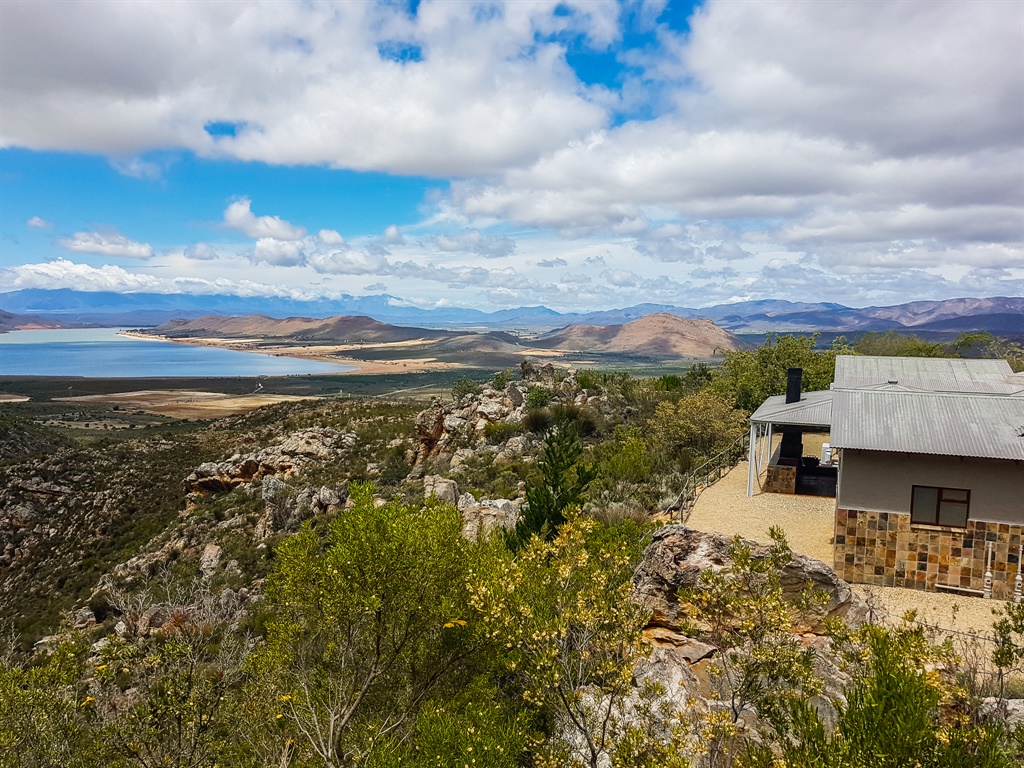
Biodiversity is a source of new ideas and insights for technology, pharmaceuticals, architecture, and other developments that support and improve our lives, writes Ancois de Villiers.
As International Day for Biological Diversity (IDB) is observed on 22 May, I am sure that you have already seen (or will see) several headlines lamenting the continuation of the ecological crisis and loss of biodiversity. Despite the gloomy statistics and trends, it is also important to celebrate particularly how this diversity of life inspires us.
Beyond material goods and services, biodiversity also contributes to our psychological and social wellbeing. In fact, the sheer abundance of life is deeply inspirational at the personal level and for cultures. This inspiration is vital for our innovation, motivation, and finding meaning. Yet, it is spontaneous. We cannot force ourselves to be inspired – as many artists and inventors would bemoan. So, from a biodiversity perspective, it is essential to protect and support spaces in our lives that are conducive to it. By doing so, the 2022 IDB theme "Building a shared future for all life" will not just be an empty slogan, but something that we actively try to achieve.
How then could biodiversity help to inspire us?
A source of new ideas
The very complexity of different life forms evokes innovation. Biodiversity is a source of new ideas and insights for technology, pharmaceuticals, architecture, and other developments that support and improve our lives. Biomimicry and bioinspiration are entire fields of design that exist to learn from the creativity of nature to solve problems. A South African example is the use of gardens and "living gutters" to process and filter wastewater in informal settlements.
However, biodiversity goes beyond being only a source of new ideas.
Biodiversity could also open us to moments of renewal and transcendence. Spending time in spaces with a perceived abundance of animal and plant life seems to have a regenerative effect on people. Biodiversity – and natural areas in general – support stress relief, recovery from physical or emotional trauma, the treatment of substance abuse, and the development of children. The exact pathways to explain these positive influences are not yet clear, but biodiversity is one of the key "active ingredients" in natural spaces linked with physiological and psychological states that support health.
Indeed, the link between nature and wellbeing is so strongly supported that mental health professionals are now considering "green prescriptions". These encourage spending time with nature or nature-based activities such as gardening as part of therapy. Relatedly, people commonly report moments of deep awe and reflection when in biodiverse spaces. These combined influences of renewal and transcendence possibly support states of mind that are receptive to inspiration – namely, to be open to considering new ideas or perspectives.
Biodiversity inspires us to make changes in our lives. Connecting with biodiversity (and nature in general) is a significant motivator for encouraging people to make lifestyle changes to support their health and the environment. For example, engaging in physical activity in natural spaces could make the activity more enjoyable and worthwhile, which encourages you to commit to exercise more consistently. Even simple activities such as watching birds or sitting in the garden could prompt actions that support biodiversity conservation, such as caring for indigenous plants or volunteering in local restoration projects. This connection is increasingly recognised as a vital part of activating the necessary changes in our worldviews, habits, and structures to promote more resilient and sustainable communities.
Nature and culture influence each other
Biodiversity indeed inspires our cultures. Nature and culture profoundly influence each other, particularly in how we find meaning in the world, and how we live our lives. This relationship shapes our worldviews, values, social structures, and practices. Interestingly, inspiration itself is a cultural evolutionary process and plays a critical role in how our cultures grow and change. There seems to be an interplay between cultural and biological diversity, meaning that one seems to promote and support the other.
Biocultural diversity encapsulates this interconnection and emphasises how both diversities also face similar threats. For example, the loss of the diversity of languages also implicates a loss of indigenous knowledge on all the potential uses of biodiversity and how to manage this natural resource. The overexploitation of natural resources reduces the diversity of species but also degrades cultural identity, livelihood options, and social cohesion. Even the simplification of landscapes – namely a reduced diversity of people, land uses, and natural features – is associated with not only a loss of ecological resources, but also social connection and personal agency.
Overall, biodiversity is an essential driver of inspiration to stimulate and invigorate our personal and cultural wellbeing. South Africa is indeed celebrated for both our diversity in culture, life forms and natural systems. The interrelationship between biodiversity and the mentioned psycho-social benefits are still not yet fully understood. However, there is enough accumulated evidence that biodiversity is vital for the process of re-imagining how we see ourselves and others on this planet.
We could all do with a little bit more inspiration in our lives.
- Ancois de Villiers is a PhD candidate in the Department of Conservation Ecology and Entomology at Stellenbosch University, and the Department of Cultural Anthropology and Development Sociology at Leiden University. With support from the GreenMatter Fellowship and NRF-Nuffic Doctoral Scholarship, she is exploring the psycho-social dimensions of transforming landscapes through the rehabilitation/restoration of natural resources.
To receive Opinions Weekly, sign up for the newsletter here.
*Want to respond to the columnist? Send your letter or article to opinions@news24.com with your name and town or province. You are welcome to also send a profile picture. We encourage a diversity of voices and views in our readers' submissions and reserve the right not to publish any and all submissions received.
Disclaimer: News24 encourages freedom of speech and the expression of diverse views. The views of columnists published on News24 are therefore their own and do not necessarily represent the views of News24.
